

issue 1 | April 2023 anxiety & depression p.8 Is Anxiety a Way of Life for Our Generation? p.14 How Social Media Increases Depression and Loneliness p.22 Why People Smile When They’re Depressed? MENTAL CARE MAGA ZINE www.damnmag.com
#DAMN
Anna Shvets
/dɪˈpreʃ.ən/

noun
1. a feelings of severe despondency and dejection.
2. a long and severe recession in an economy or market.
DAMN | 02
depression

DAMN | 03 anxiety /æŋˈzaɪ.ə.ti/ noun 1. a feeling of worry, nervousness, or unease, typically about an imminent event or something with an uncertain outcome. 2. strong desire or concern to do something or for something to happen https://finallight.bandcamp.com/track/final-light
DAMN | 04 INDEX I live with chronic depression and generalized anxiety Is Anxiety a Way of Life for Our Generation? UDAY SCHULTZ 08 Why people smile when they’re depressed? SHETTY P, MANE A, FULMALI S, Uchit G. WIL WHEATON 22 30 How Social Media Increases Depression and Loneliness GIGEN MAMMOSER 14
“One wakes up and sees the sun shining outside. It’s a beautiful day. Springtime. Cherry blossoms. The birds are singing and now winter is passed.
Except the winter that ever abides in you. That cold, dark, gray, miserable nothingness that feels like a weight around your neck, slowly suffocating you.
And no one to bear that cross for you that you every day drag to your own personal gethsemane and crucified on, only to awaken like Sisyphus and do it all over again.
It’s tiresome... ”
https://www.reddit.com/r/depression/comments
DAMN | 05
GloriousBand
https://wkwkdesign.com/photoshop-smudged-gradation-tips | _dezanavi_

DAMN | 06
REFLECTING REEVALUATING
DAMN | 07
Is Anxiety a Way of Life for Our Generation?
Since a low in 2007, the 15-24 cohort suicide rate has risen by almost 50 percent. This finding fits with a generation which reports poor mental health as the state of the majority, symptoms of anxiety to be almost universally present, and mass violence a major concern. Our generation was to grow up empowered by technology and a changing, globalizing society, but that picture has darkened; we are destroying ourselves with our minds.
Every generation has faced stress. Humanity has persevered through unchecked plagues, famines, and natural disasters with which we residents of a modernizing planet do not have to reckon. This reflection is not meant to demean the set of stressors we face, but it suggests more at play in our generation than a simple reaction to circumstance. We, of course, have good reasons to experience stress; our generation is faced with an immediate set of social and environmental crises. Underpinning and aggravating these “primary” stressors are changes in the way we communicate, which serve to worsen — universalize, even — feelings of anxiety among us. The 21st century’s great technological promise has become one of its greatest risks; its capability to destroy barriers has turned on us and wreaked havoc on the systems we use to keep our minds safe.
DAMN | 08
“...our generation is faced with an immediate set of social and environmental crises.”

DAMN | 09
DAMN | 09
“We are the generation of stress... more than seemingly ever before, dissatisfied and worried by our realities.”
The Personification of Ruminative Thought | Myriam Wares

DAMN | 10
health
Mental
awareness |
Irene (Ren) Bagetto
Social media’s power provides an excellent case study in technologically delivered stress. Bullying, feelings of exclusion and difference, and the need to be an individual have existed to some degree since our species became sentient. Social media has weaponized these feelings through its power to follow us everywhere. We are constantly being assaulted with visions of our friends’ and our idols’ lives – lives that have frequently been curated to suit the vision of themselves people wish to put forth. Personal experience and instagrammable realities have become so divorced that people now frequently keep two Instagram accounts: a private account for only the closest of friends (finsta) where one’s true feelings are exposed and a public, generally more presentable account available to the body politic (rinsta). This dichotomy, and constant contact with it, reinforces the schism between a happy society and the troubled self, with only you being different.
Technology is an effective delivery system through which the pressures of the world are carried to my generation, and my generation faces many pressures. Gun violence, climate change, growing economic inequalities, increasing educational costs, rampant sexual, racial and economic discrimination, and a globalizing (and therefore increasingly competitive) planet create multiple strains of anxiety, carried to us as never before by our digital paraphernalia. Structural injustices can now be apprehended almost without effort — despite our secret wish to remain in a state of ignorance. The pathologies of a broken society are being amplified by our digital spaces, where all is accessible and arguable.
The effect of this rifting and bombardment is, of course, most pronounced among those who use technology the most and those who are in developmental stages of life – Generation Z, in both cases. Whereas other cohorts experienced life before this deluge, we are being shaped by it;
Where does the cycle end? Is the end point a state of anomie, where the bombardment of information and the fractured relation between the self and the world creeps toward nihilism? Late at night as I drift off to sleep, the gentle glow and occasional buzzing sounds of my smartphone remain in the background. Check now, or wait until morning to know what lies behind? The question keeps me awake.
DAMN | 11
“our formative years are those of the technological revolution, a concurrence that seems to be imbuing us with anxiety on deeper levels than before”.
American Foundation for Suicide Prevention. “Suicide Statistics”. American Psychological Association. Stress in America: Generation Z. Stress in America™ Survey. | Uday Schultz
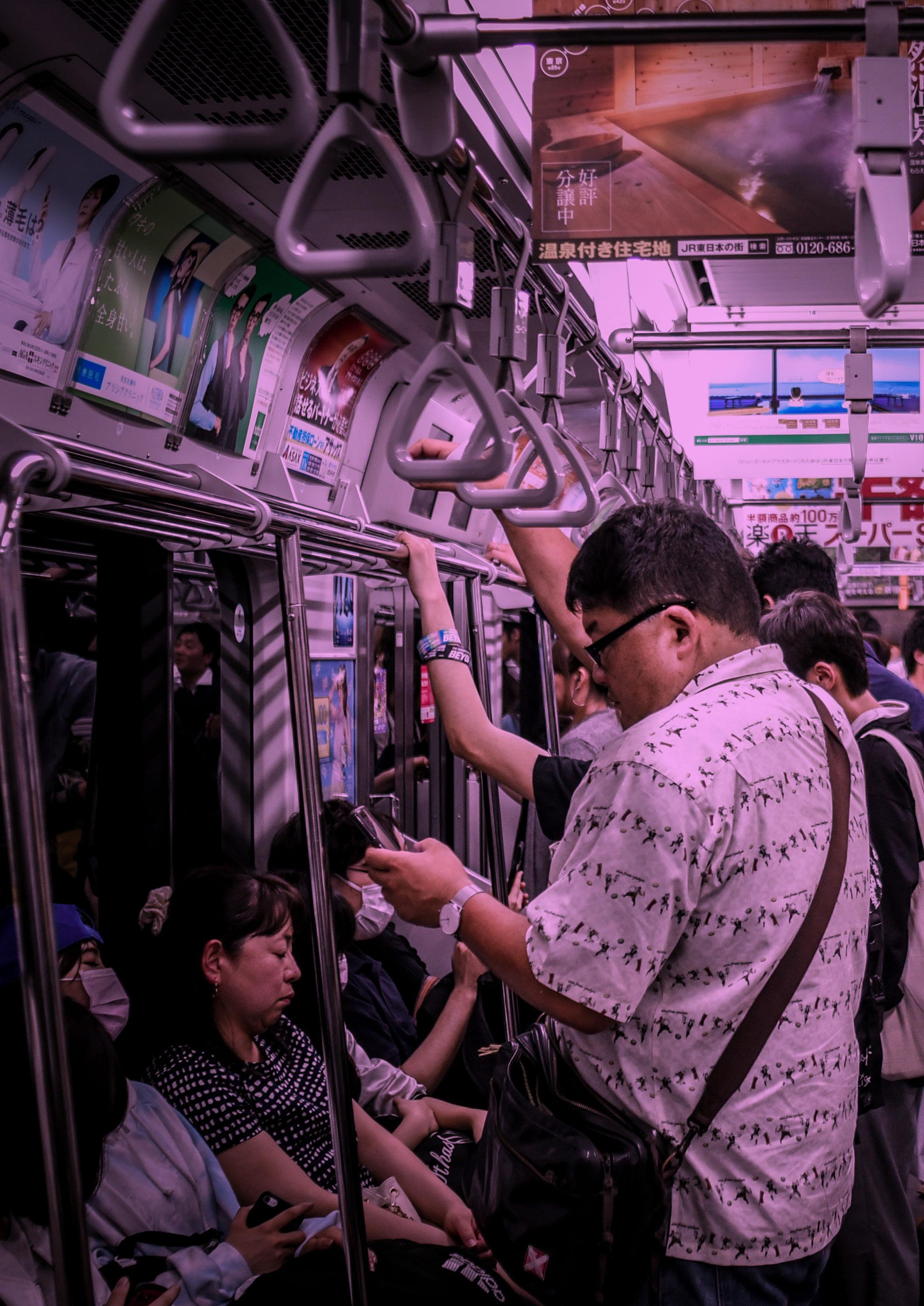
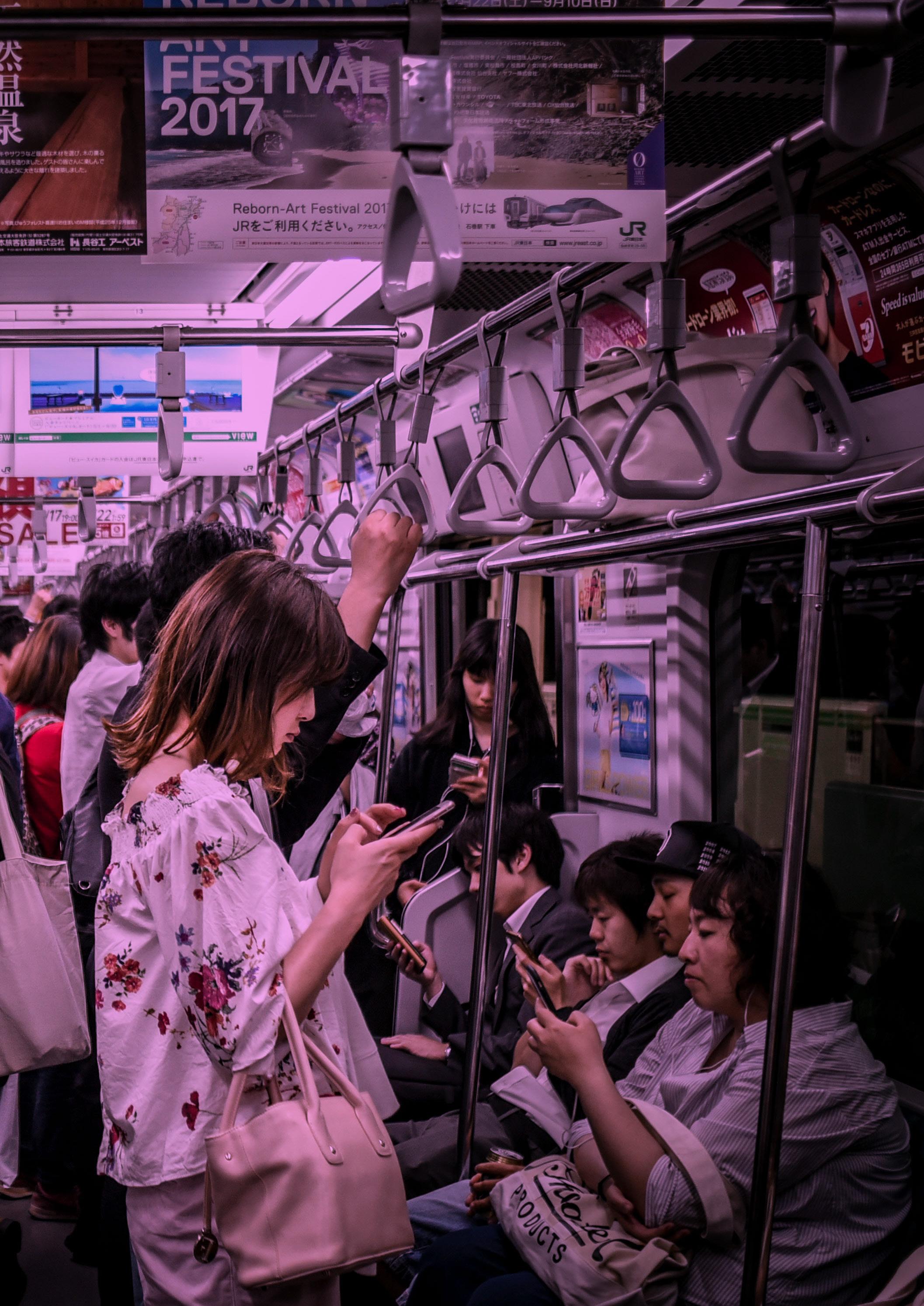
https://unsplash.com/fr/photos/5pkYWUDDthQ| Hugh Han
The FOMO Is Real:
How Social Media Increases Depression and Loneliness
No matter what you did today on your phone or computer, it’s likely that social media was involved. Did you catch up with friends on Facebook, post photos of your dog on Instagram? Maybe a Twitter link brought you here.
In the United States today, you’re statistically more likely to use social media than not — by a lot. Approximately 77 percent of all Americans have a social media profile of some kind. Despite the popularity of social media platforms and the rapidity with which they’ve inserted themselves into nearly all facets of our lives, there’s a remarkable lack of clear data about how they affect us personally: our behaviors, our social relationships, and our mental health.
In many cases, the information that’s available isn’t pretty. Studies have linked the use of social media to depression, anxiety, poorer sleep quality, lower self-esteem, inattention, and hyperactivity — often in teens and adolescents. The list goes on.
In many cases, the information that’s available isn’t pretty. Studies have linked the use of social media to depression, anxiety, poorer sleep quality, lower self-esteem, inattention, and hyperactivity — often in teens and adolescents. The list goes on.
However, these studies are almost entirely of an observational or correlational nature, meaning they don’t establish whether or not one is causing the other. A common argument against the theory that social media makes individuals more depressed and lonely is simply that perhaps those who are more depressed and lonely are more inclined to use social media as a way of reaching out.
DAMN | 14
New research reveals howsocial media platforms like Facebook can greatly affect your mental health.
“77% of all Amercians have a social media profile ”
A new study concludes that there is in fact a causal link between the use of social media and negative effects on well-being, primarily depression and loneliness. The study was published in the Journal of Social and Clinical Psychology. “What we found overall is that if you use less social media, you are actually less depressed and less lonely, meaning that the decreased social media use is what causes that qualitative shift in your wellbeing,” said Jordyn Young, a co-author of the paper and a senior at the University of Pennsylvania.“Prior to this, all we could say was that there is an association between using social media and having poor outcomes with well-being,” she said.
The researchers say this is the first time a causal link has ever been established in scientific research. But why even let the experimental group use social media at all?
“We didn’t think [complete abstinence] was an accurate representation of the landscape of the world that we live in today. Social media is around us in so many capacities,” Young said.
Does social media cause depression?
The results were clear: The group that used less social media, even though it wasn’t completely eliminated, had better mental health outcomes. Baseline readings for participants were taken at the beginning of the trial in several areas of well-being: social support, fear of missing out, loneliness, anxiety, depression, self-esteem, autonomy, and self-acceptance. At the end of the trial, those in the experimental group saw both loneliness and depressive symptoms decline, with the largest changes happening in those who reported greater levels of depression.
“No matter where they started off, if they were told to limit their social media, they had less depression, no matter what their initial levels were,” Young said.
Manwhile, both groups saw a decline in levels of anxiety and fear of missing out, which the researchers posit as potentially coming from users simply becoming more aware of their social media use by taking part in the trial. Even with an established causal link, there still remains a larger, unanswered question:
DAMN | 15
WHY?
Our curated lives
How could systems designed to bring us closer to our friends and family be bad for our mental health? Much like the algorithm that powers your Facebook feed, it’s complicated. Some general theories have come to the forefront, some obvious and some not so much.

“What happens many times when they log on is that you kind of activate a lot of social comparison”, said Oscar Ybarra, PhD, a professor of psychology at the University of Michigan. “People don’t necessarily have to be super aware that this is occurring, but it does. You log on, you’re generally dealing with very curated content on the other side.”
Ybarra has published pieces on the relationship between Facebook and certain mental health outcomes. He’s attempted to suss out the “why” of this relationship for himself. He notes that even if individuals are aware of the “curated” nature of many online platforms, “they nevertheless feel like, ‘How am I stacking up?’ or ‘How is my life stacking up?’ compared to what these people are presenting. I think that what happens is that the more you use the platforms, the more social comparisons tend to induce, and that relates to these decrements in how people are feeling.” These constant “upward social comparisons” can happen hundreds of times each day, depending on how frequently you check your social media feeds.
DAMN | 16
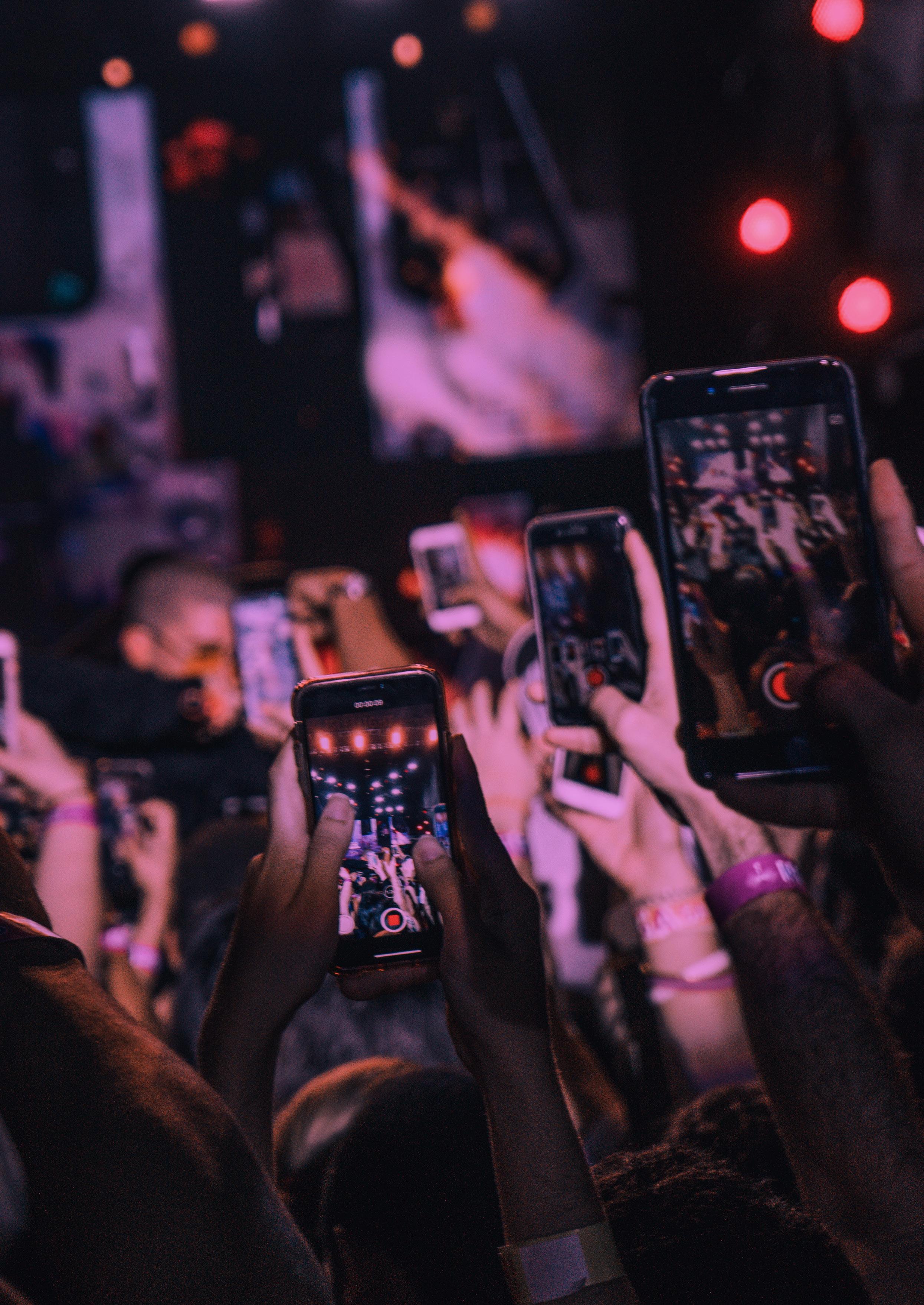
| Gian Cescon
https://unsplash.com/fr/photos/N0g-deioHO4
Fear of missing out, or FOMO, is another mental health effect that’s been strongly linked with the use of social media. Although a relatively new phrase often attributed to millennial ennui, psychologists say it has real social significance.
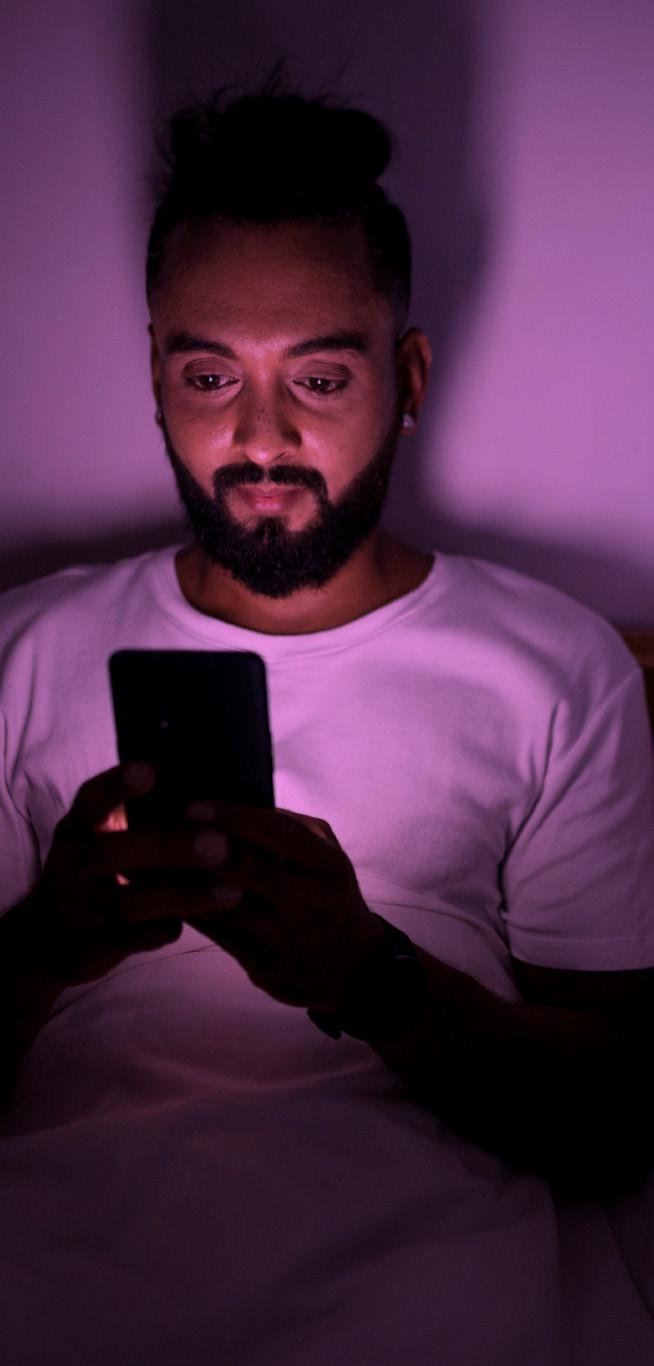

The FOMO is real
Amy Summerville, PhD, a professor of psychology at Miami University in Ohio, is an expert on issues of regret and the psychology of “what might have been.” She explains that FOMO is an extension of larger issues of inclusion and social standing. Once our basic needs are met, like food, shelter, and water, the need for inclusion and social interaction ranks right up there, she says. “The FOMO experience specifically is this feeling that I personally could have been there and I wasn’t. I do think that part of the reason that’s really powerful is this cue that maybe we’re not being included by people we have important social relationships with,” she told Healthline.
DAMN | 18
The now ubiquitous use of social media and technology has created a world in which we can gaze into our own crystal ball to see what our friends are doing at almost any time of day. And that’s not necessarily a good thing. So, should we all just be using less social media? Maybe. But both Ybarra and Summerville say there isn’t enough research to set any kind of real guidelines. “I don’t know that I would say, at this point, that the research necessarily says that everyone needs to put app blockers on their phone,” Summerville said. “It does, to me, suggest that this could be helpful, especially for people who are already seeming to struggle with negative emotions and a sense of belonging.” Nevertheless, what’s clear is that social media isn’t going away. If anything, this kind of technology will likely only grow more pervasive. Games like “Pokémon Go” changed the social atmosphere of what it means to play a video game. Apps like Strava have created a social network where users can share their fitness goals and routines. And LinkedIn has gone from a job-hunting platform to a full-on social network for the career-minded. “
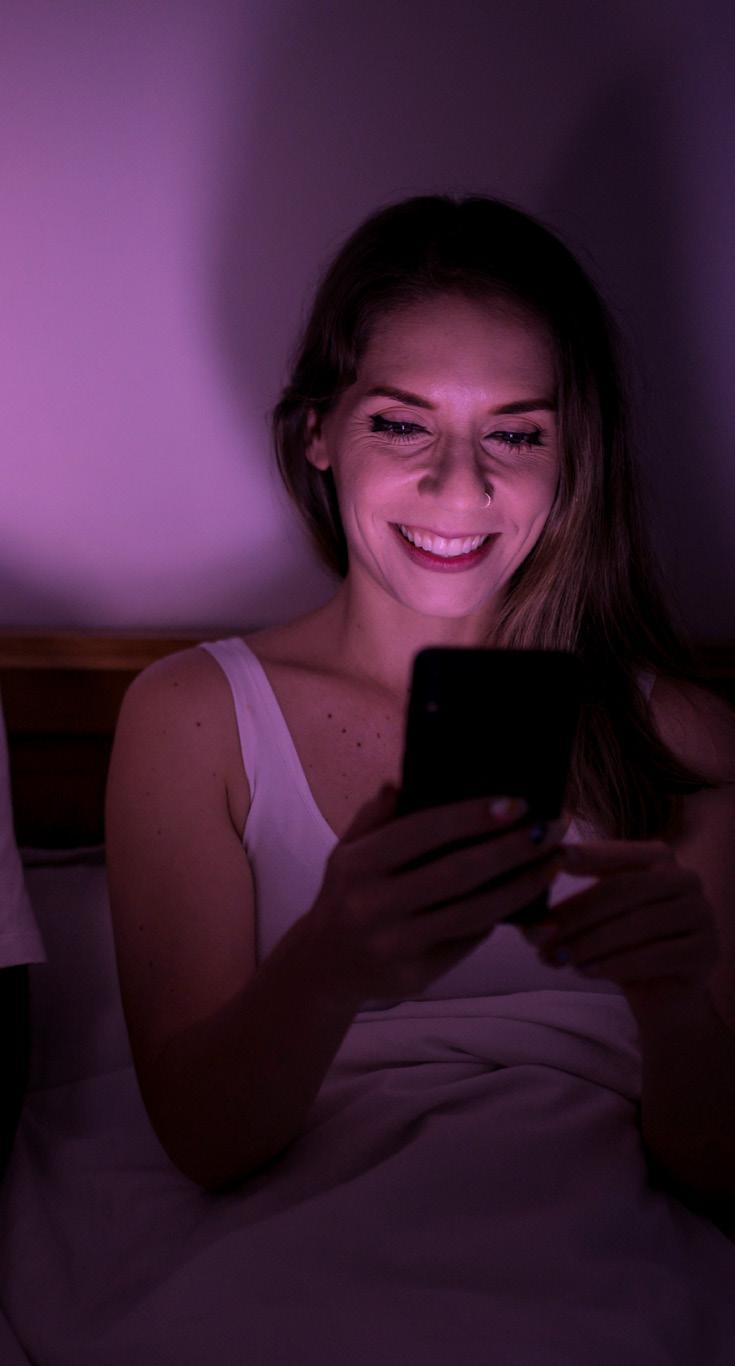
https://www.healthline.com/health-news
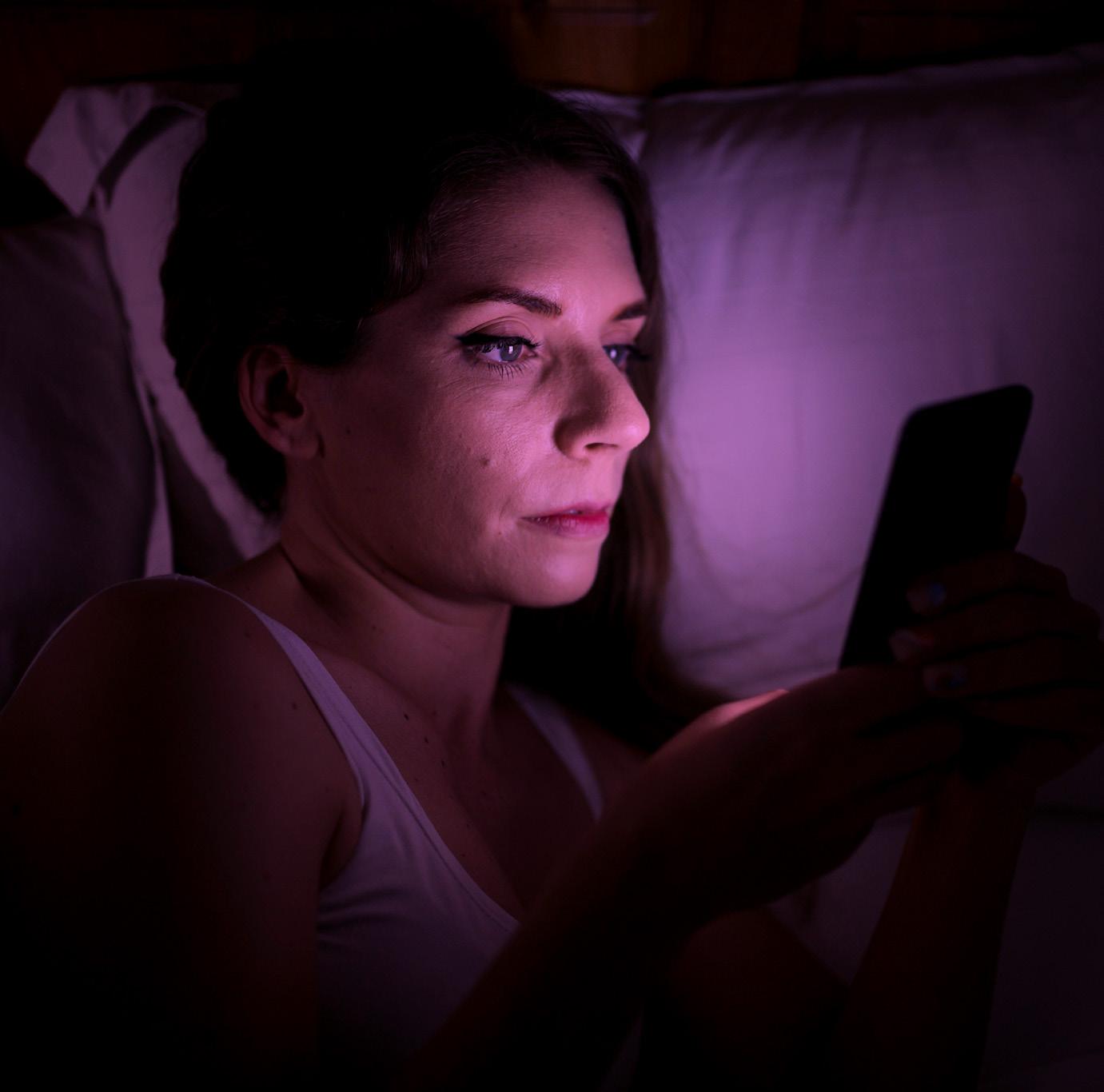
DAMN | 19
|
Gigen Mammoser https://www.freepik.com
SMILING
Why People Smile When They’re Depressed?
Although “smiling depression” isn’t a clinical diagnosis, for many people, it’s a real problem. Typically, smiling depression occurs when individuals who are experiencing depression mask their symptoms. They hide behind a smile to convince other people that they are happy.
Consequently, this type of depression often goes undetected because when most people imagine a depressed individual, they think of someone who looks really sad or cries a lot. And while it’s true that sadness and unexplained bouts of crying are common characteristics of depression, not everyone looks sad when they’re depressed.
Individuals with smiling depression often look happy to the outside world and keep their depression a secret.
Whether you’re the one who works hard to pretend you’re happy when you’re not, or you have a loved one that you suspect might be hiding their pain, understanding smiling depression can help you take positive action. Here’s an overview of the signs and symptoms of smiling depression.
The World Health Organization (WHO) estimates that almost 265 million people around the world have depression.1 Individuals with smiling depression may experience many classic symptoms of depression, including profound sadness, low self-esteem, and changes in their everyday lives. Some of these symptoms may be observable to others, while other symptoms may be kept private.
It’s not uncommon for people with smiling depression to work really hard to disguise their symptoms. For this reason, it’s important to look for other less-obvious signs that something is wrong, like changes in their habits, fatigue, and a loss of interest in things they once enjoyed.
DAMN | 20
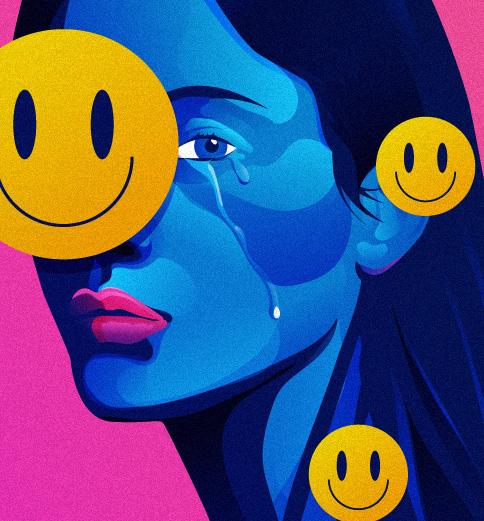
DAMN | 21
depression
Happy Place | Alex Hudiakov
It’s not uncommon for people to keep their depression private. From wanting to protect their privacy to fearing judgment by others, there are many personal and professional reasons why people hide their symptoms of depression and may mask it with a smile. Here’s a closer look at why people keep depression a secret.
Fear of Burdening Others
Depression and guilt tend to go hand-in-hand.3 Consequently, many individuals don’t want to burden anyone else with their struggles. This fact may be especially true for people who are used to taking care of others rather than having others take care of them. They simply do not know how to ask for help, so they keep their struggles to themselves.
Fear of Backlash
Sometimes people worry about the personal and professional ramifications of having depression. For example, a comedian or lawyer may be concerned that their employer will doubt their ability to do their job. Or, someone may worry that a partner will leave them if they reveal that they have depression. So, rather than risk being judged or punished for being depressed, they hide behind a smile.
Embarrassment
Some people believe depression is a character flaw or a sign of weakness. They may even believe the lie that they should be able to “snap out of it.” When they cannot, they think there’s something wrong with them. Consequently, they may feel embarrassed about having depression because they think they should be able to handle it themselves.
Denial
Smiling depression may stem from a person’s denial that they feel depressed. They may think that as long as they’re smiling, they must not have depression. Many people cannot admit that there might be something wrong with them. It’s easier for them to pretend like they’re fine than it is to open up about how they truly feel.
reasons to be depressed
Unrealistic Views of Happiness
Social media portrays happiness in an unrealistic way. Many people scroll through social media and see pictures of happy people. Consequently, they grow to believe that they’re the only ones struggling with mental health issues.5 They may feel more isolated than ever and it could cause them to hide their struggles.
Perfectionism
Perfectionists have often mastered the art of looking perfect. And, for many, that means disguising any pain or problems they are experiencing. As a result, admitting to depression would mean that their lives are less than perfect and they just cannot bring themselves to do that.
Fear of Backlash
Sometimes people worry about the personal and professional ramifications of having depression. For example, a comedian or lawyer may be concerned that their employer will doubt their ability to do their job. Or, someone may worry that a partner will leave them if they reveal that they have depression. So, rather than risk being
DAMN | 22
007
Depression often causes thoughts of death and suicide. But sometimes, people with clinical depression lack the energy to create a plan and follow through on completing suicide. While anyone with depression is at risk of suicide, individuals with smiling depression may be at especially high risk because they are highfunctioning.2
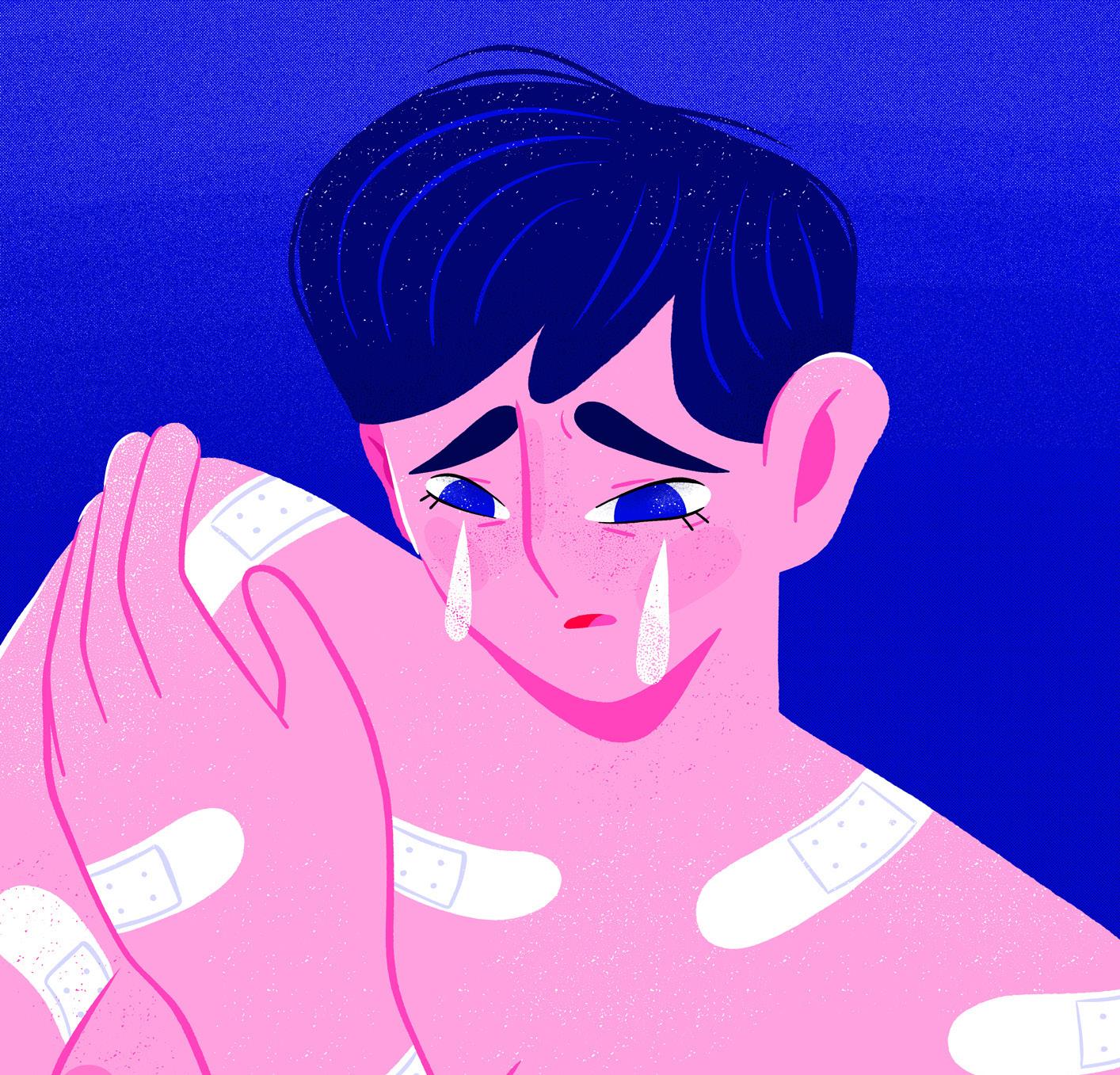
Individuals with smiling depression often have enough energy to follow through on their suicidal thoughts. What’s more, individuals with smiling depression often go untreated as well. And untreated depression may get worse over time and increase the likelihood of suicide.
Risk of Suicide
But just like other types of depression, smiling depression is treatable. Treatment may include medication, talk therapy, and lifestyle changes such as diet and exercise.
If you think someone you know has smiling depression, share your concerns. Normalize mental health issues and talk to them about how they can get help. Offer emotional support as well as practical support.
For example, you might offer a ride to a medical appointment, or depending on the nature of your relationship, you might even offer to attend an appointment with them. Direct them to community resources as well. Tell them about mental health services that may be available to them.
If a loved one refuses to get help, you might consider talking to a therapist yourself. Talking to someone can help you manage your own stress while also reinforcing strategies you can use to help someone you care about.
How to HELP Them?
DAMN | 23
Pansements |
Understanding masked depression: A clinical scenario | Shetty P, Mane A, Fulmali S, Uchit G.
Camille Lagoarde
If you are struggling with depression,please contact us: 1-800-662-4357 for information on support and treatment facilities in your area.
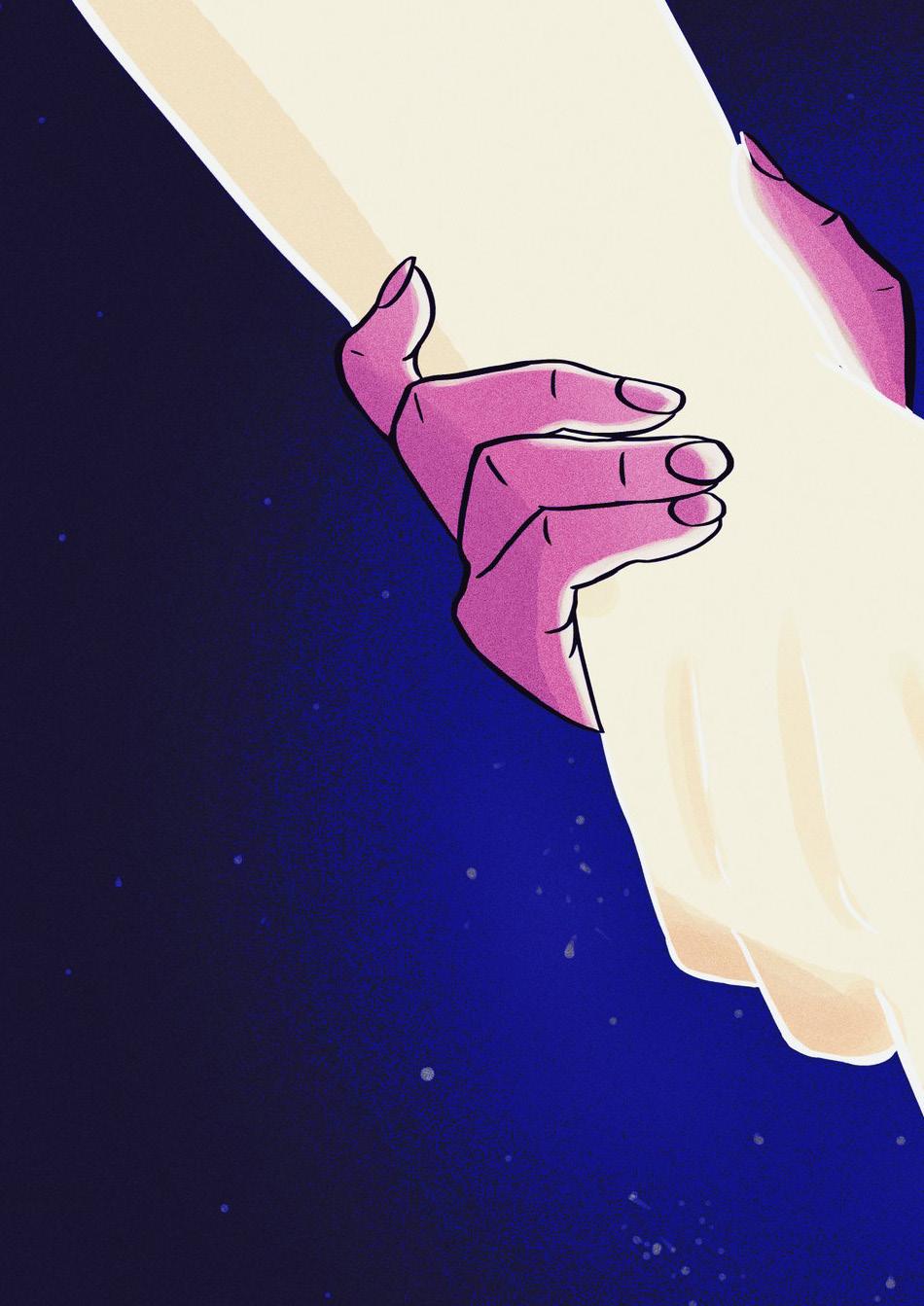
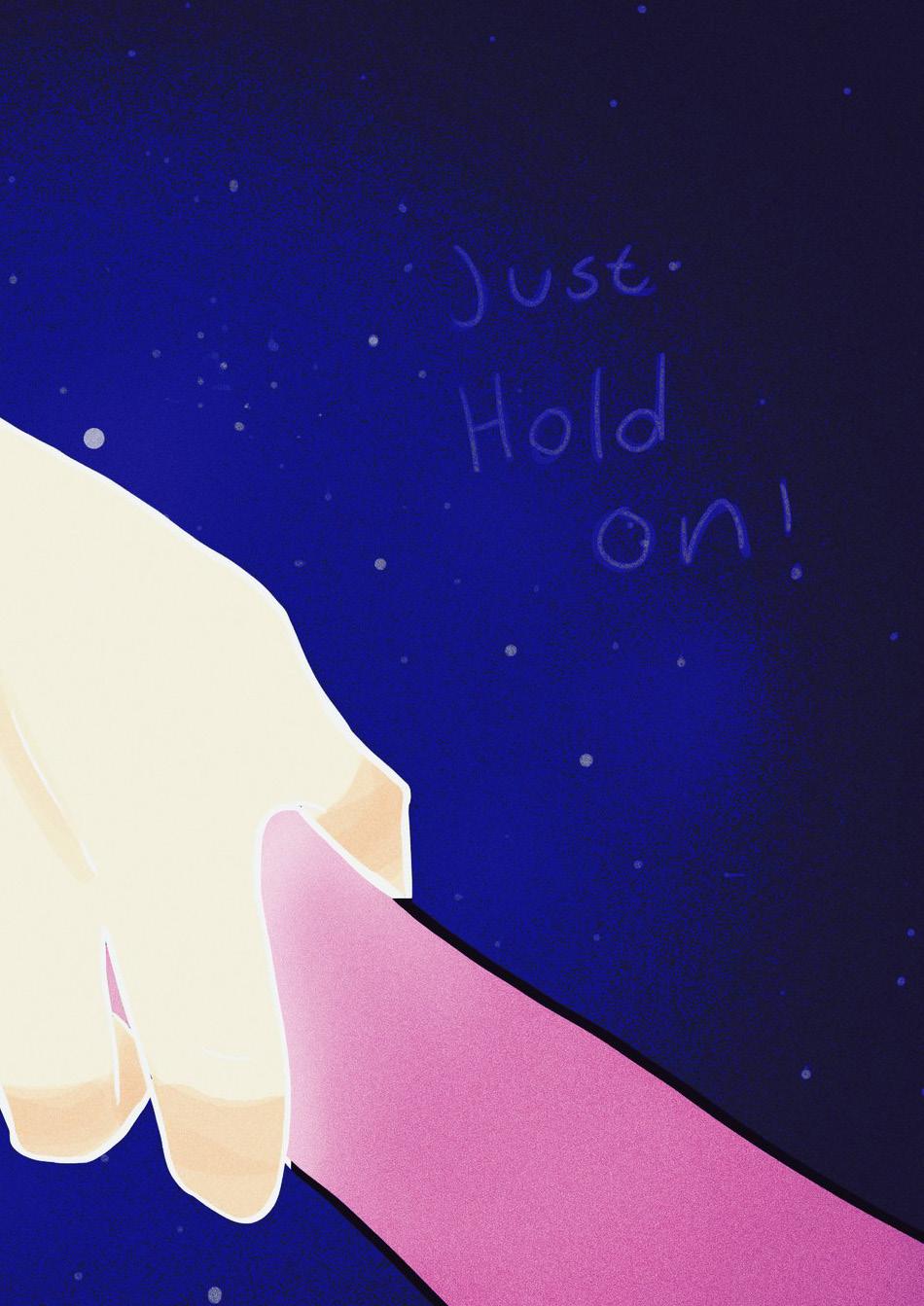
https://twitter.com/LadyFjottA3 | Ami
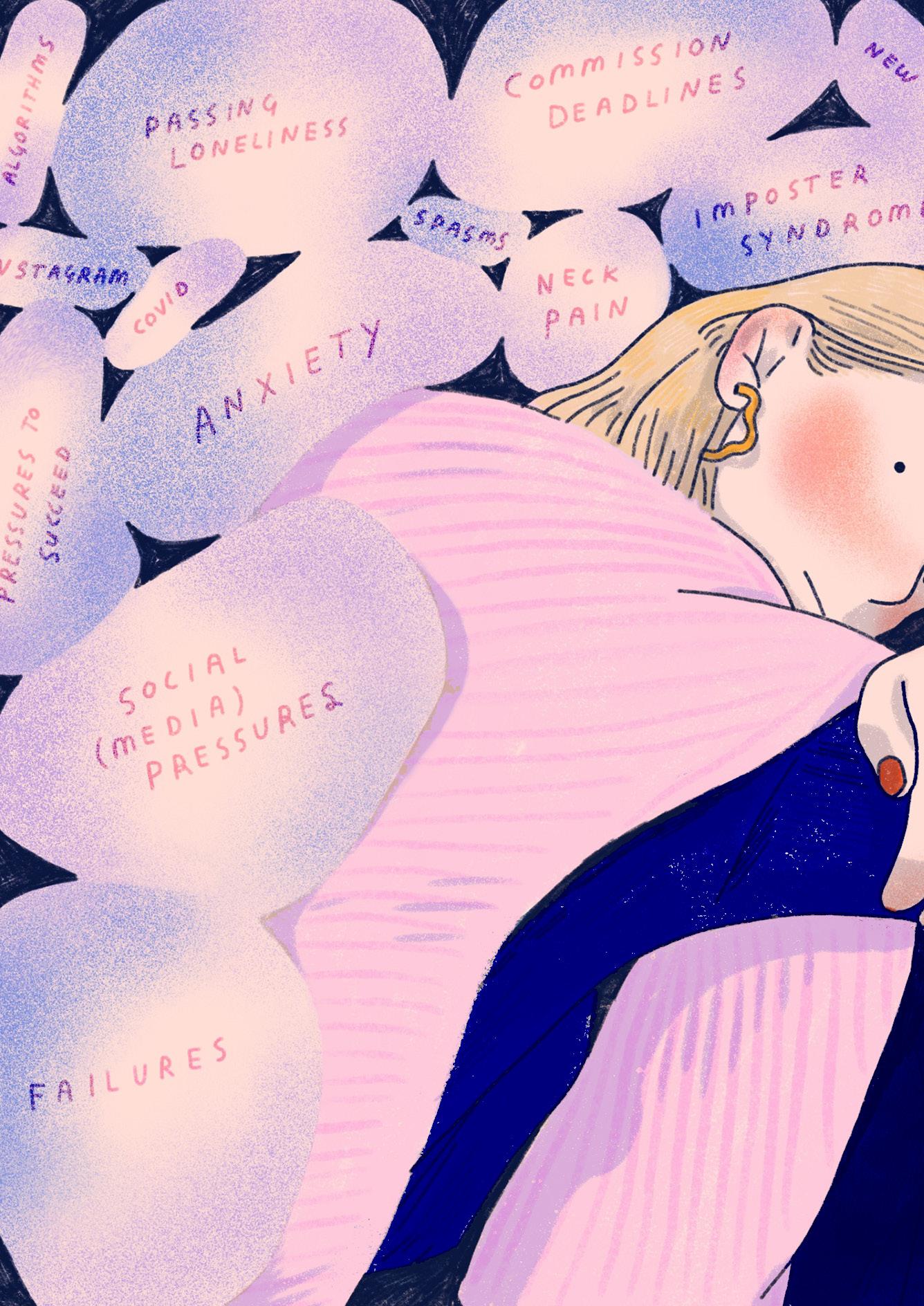 Overwhelmed | Alexandra Cook
Overwhelmed | Alexandra Cook
ONE’S TRUE STORY

WIL WHEATON
DAMN | 27
In 2018, celebrity Wil Wheaton delivered a speech about his life-long struggles with depression and anxiety. He was speaking at the Ohio statewide conference of the National Alliance on Mental Illness (NAMI), a grassroots advocacy group, representing people affected by mental illness in the United States.
He began by saying: “My life is, by every objective measurement, very very good. And in spite of all of that, I struggle every day with my self-esteem, my self-worth, and my value not only as an actor and writer, but as a human being. That’s because I live with Depression and Anxiety, the tag team champions of the World Wrestling with Mental Illness Federation.”
He went on to talk about knowing something was wrong with him, but not knowing what.
“I wish I had known that I had a mental illness that could be treated! I wish I had known that that the way I felt wasn’t normal and it wasn’t necessary. I wish I had known that I didn’t deserve to feel bad, all the time.”
The entire speech, published by Medium, takes about 18 minutes to read.
His talk describes his experiences in vivid detail. And it shines a light on the stigma surrounding his illness, including his family’s reluctance to discuss it. It wasn’t until he was in his thirties that he finally sought treatment.
The speech contains insights that may be helpful if there’s someone in your life with a mental illness or you’re experiencing symptoms of anxiety or depression yourself
https://www.caregiverexchange.ca/spotlight
https://wall.alphacoders.com/big.php?i=445289 | robokoboto
DAMN | 28
“I wish I had known that I didn’t deserve to feel bad, all the time”
I live with chronic depression and generalized anxiety
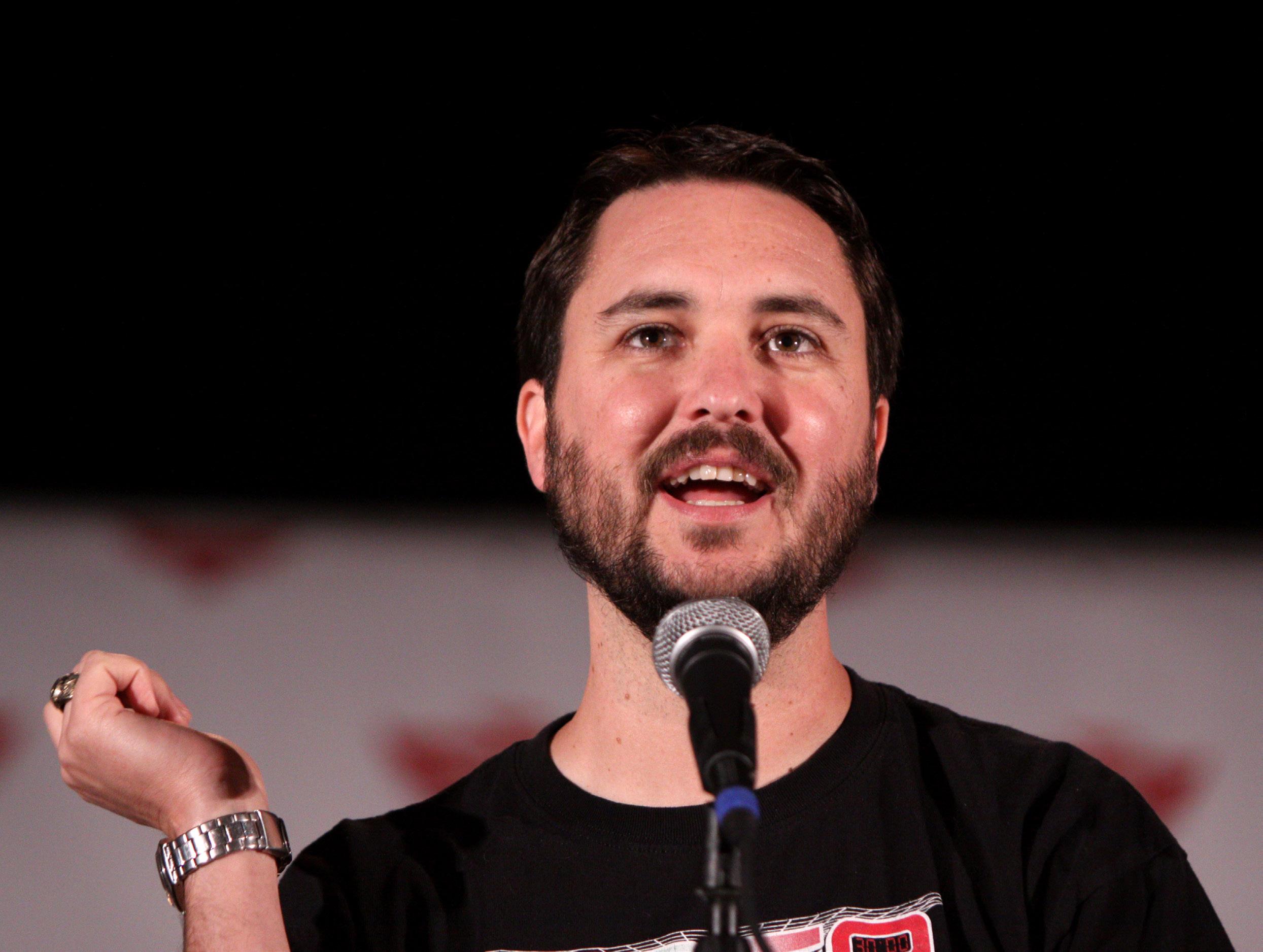
DAMN | 29
IF YOU CAN’T BEAT FEAR, JUST DO IT SCARED
DAMN | 30
DAMN | 31
#DAMN


MENTAL CARE MAGA ZINE issue 2 | May 2023 bipolar disorder NEXT EPISODE
Tim Mossholder




















 Overwhelmed | Alexandra Cook
Overwhelmed | Alexandra Cook



